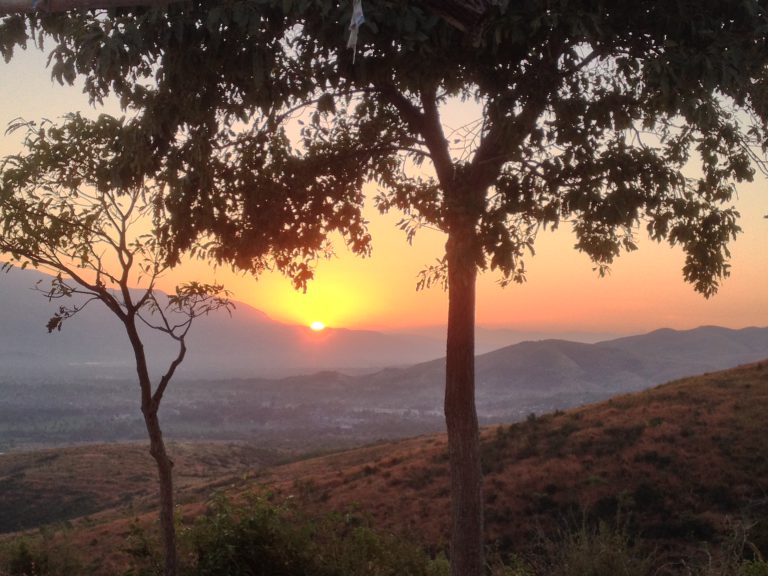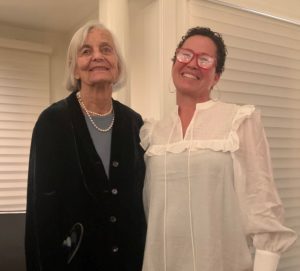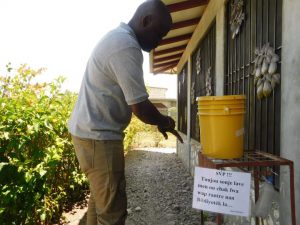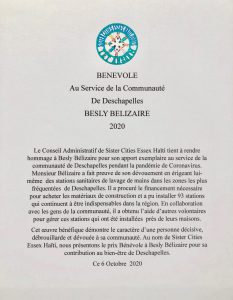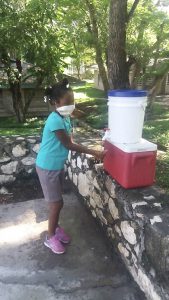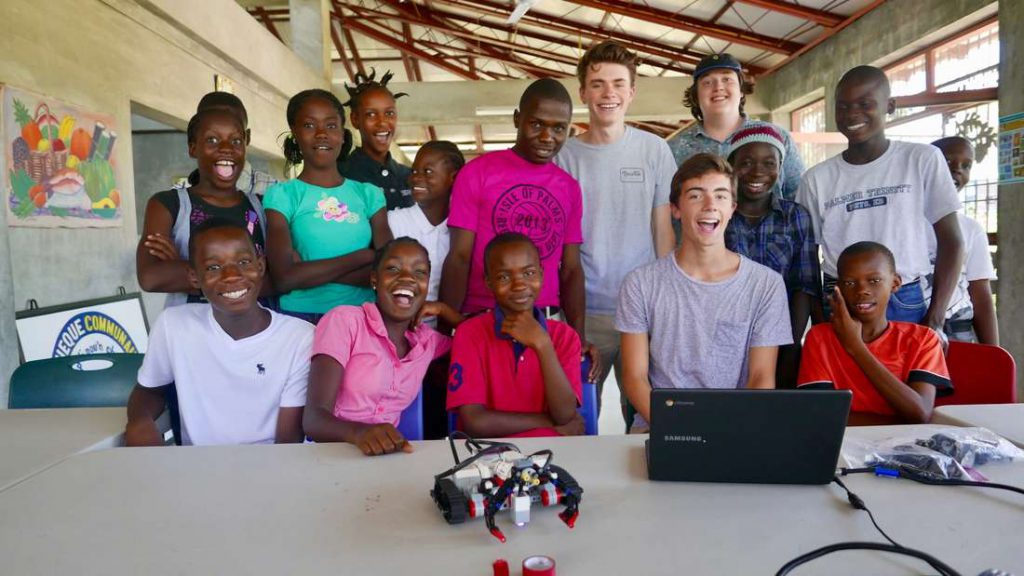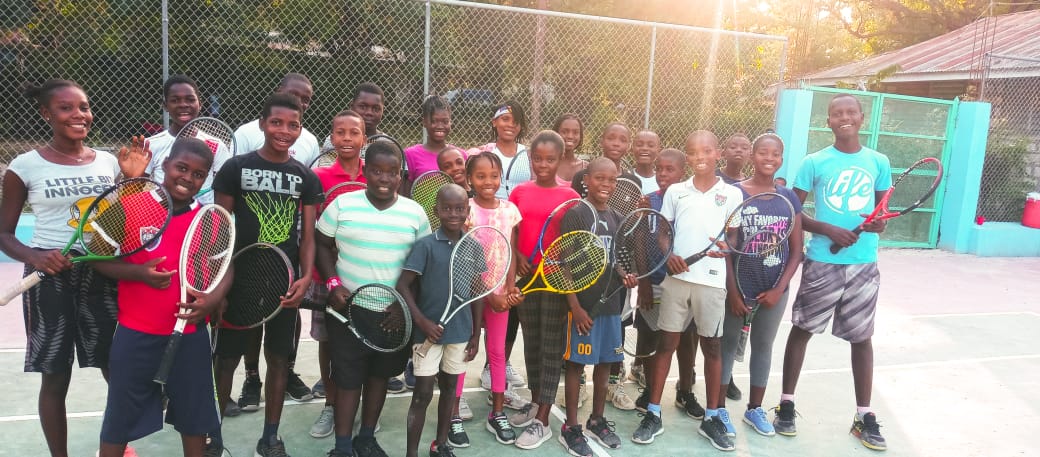– A report by Jenifer Grant
Up until very recently, we have been blessed by the fact that rural Deschapelles has been outside of the mayhem and disruptions that have plagued the area around Port-au-Prince. Inflation, lack of fuel, and difficulty in getting actual cash from the bank for our programs in Deschapelles have made an impact, but otherwise things have been calm. The Sister Cities Essex Haiti Library activities, music, tennis, and robotics programs have continued to provide opportunities for the town of Deschapelles and its environs. Our Sister Cities Essex Haiti organization has been able to be fully operational, as most activities take place during the day and are not dependent on travel or supplies.
Unfortunately, not all is calm elsewhere in the country. The month-long blockade on the Varreaux fuel supplies has had a negative effect. Most of Haiti has been brought to a standstill by gangs that have continued to expand their areas of control through ongoing kidnappings and most importantly their blockade to the fuel supplies. Transportation is almost impossible. Schools have not re-opened. Many hospitals and health centers in the capital area have closed or have greatly limited their services. An additional blow is that Cholera has returned – identified mostly in the Port-au-Prince area and mainly a result of water purification systems lacking the fuel to produce potable water. Food is also scarce as Haitian vendors cannot get to and from markets. Telephone and internet services are not reliable.
There have been protests in some of the larger outlying cities, basically about the proposed increase of the cost of fuel. The protests were originally peaceful but have become more intense and, perhaps egged on by others, buildings have been ransacked that held back-up storage areas of food, medical supplies, etc.
Hospital Albert Schweitzer, with its outlying clinics, is one of the few hospitals that remains operational. However, it is now facing several challenges including an increase of patient loads due to the closing of other medical facilities in the area, cholera cases, shortages of medical supplies and, most importantly, obtaining fuel to run energy producing generators. The Hospital has adapted to meet these needs. The recently installed solar power system is currently the only supply of energy. Solar provides power needed to keep the Hospital and other buildings functional during the day. The hospital is dark during the night.
Recently I had a Zoom call from friends who live in Haiti. One person said “90% of the Haitians are good people who want to be part of a restored Haiti.” Another said, “it’s 95%.” I totally agree. I am the eternal optimist, and I have always felt that Hospital Albert Schweitzer, Sister Cities Essex Haiti, and the Crosby Fund for Education’s locale in rural Deschapelles have been important in giving the town a positive outlook. However, these are difficult times in Haiti, and the humanitarian need, especially in the capital city area, will have an impact on the rest of the country including Deschapelles. Fortunately, efforts to find a way to resolve this humanitarian disaster in Haiti are underway. I truly hope that a way will be found to turn this situation around. It is a very complex situation with funding for the gangs coming from somewhere, with various reports of how and why they choose to do what they are doing.
Currently, there is not a lot that we can do ourselves to make change. I wrote this for you to have a fuller understanding about the situation in Haiti in general and the impact in Deschapelles. For more historical and in-depth information, Lydia Polgren’s article in the October 13, 2022, issue of The New York Times is informative.

